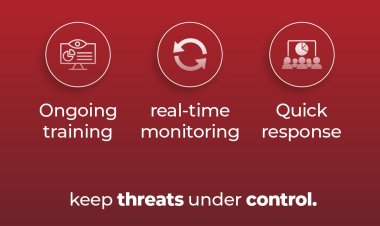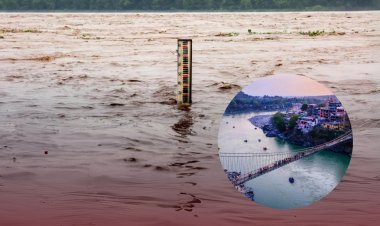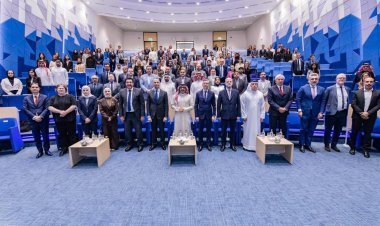Gulf News Cyber Forum 2025: Cyber Risks Surge as AI, Geopolitics and Regulation Transform Security Landscape

As artificial intelligence accelerates, geopolitical tensions intensify, and digital transformation reshapes global economies, cybersecurity leaders warn that the threat landscape is entering its most complex phase yet. At a high-level session during the Gulf News Cyber Forum 2025, held on Tuesday at the Taj Exotica Resort & Spa, experts stressed that while cyber risks are multiplying, they also present unprecedented opportunities for nations and organisations to rethink resilience and harness advanced technologies.
Moderating the discussion, Anoop Kumar, Head of Information Security & GRC at Gulf News, noted that today’s cyber teams operate in an environment where “disruption is constant, interconnected, and increasingly automated.” He urged organisations to adopt strategies capable of evolving at the speed of change.
For financial institutions, the urgency is heightened. Sagar Sethi, Senior Vice President & Head of Information Security Risk Governance & International Security at First Abu Dhabi Bank, explained that AI is reshaping both attack and defence capabilities. “AI expands the threat surface dramatically, but it also gives us unprecedented power to detect, respond, and predict,” he said. “The organisations that succeed will be the ones that build governance and trust into every layer of their AI ecosystem.”
From a national infrastructure perspective, resilience must scale with the pace of technological advancement. Vijay Velayutham, Principal Information Security Officer at the UAE Ministry of Energy and Infrastructure, stressed that “in critical sectors, a single AI-driven error can cascade into a national crisis. Our mission now is to make sure machines enhance judgment and not replace it, by embedding responsibility and oversight into every deployment.”
For the region’s digital-first banks, the balance between innovation and risk remains delicate. Hussain Al Khalsan, Chief Information Security Officer at Zand, warned that emerging technologies often magnify existing weaknesses. “If a flawed process is automated with AI, the impact isn’t incremental; it’s exponential,” he said. “Resilience now depends on understanding where AI accelerates risk and where it truly adds value.”
Beyond technology, the regulatory landscape is tightening rapidly. Shabnam Karim, Partner at Norton Rose Fulbright, cautioned that organisations must brace for far more stringent legal and ethical requirements. “The age of vague compliance is over,” she said. “Regulators want proof—proof of how your models think, proof of how your data is protected, and proof that you can stand behind every automated decision.”
As digital ecosystems become more interconnected and interdependent, the panel agreed that collaboration across sectors, regulators, and nations will define the next era of cybersecurity. Organisations prepared to embrace innovation while strengthening governance will not only withstand disruption—but thrive in a future shaped by intelligence, speed, and global interdependence.























